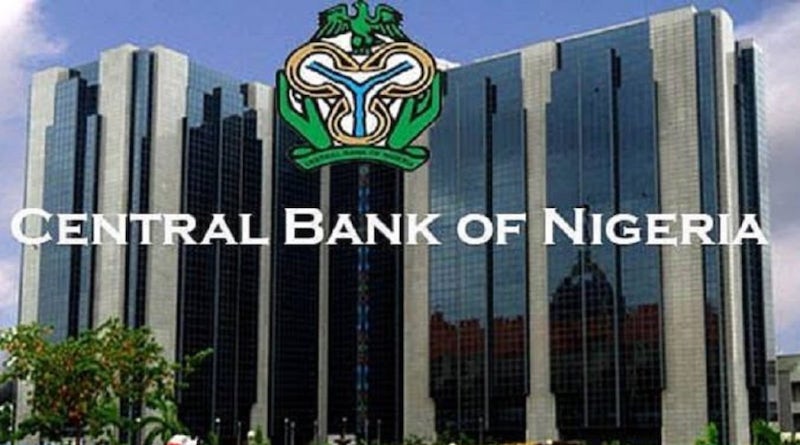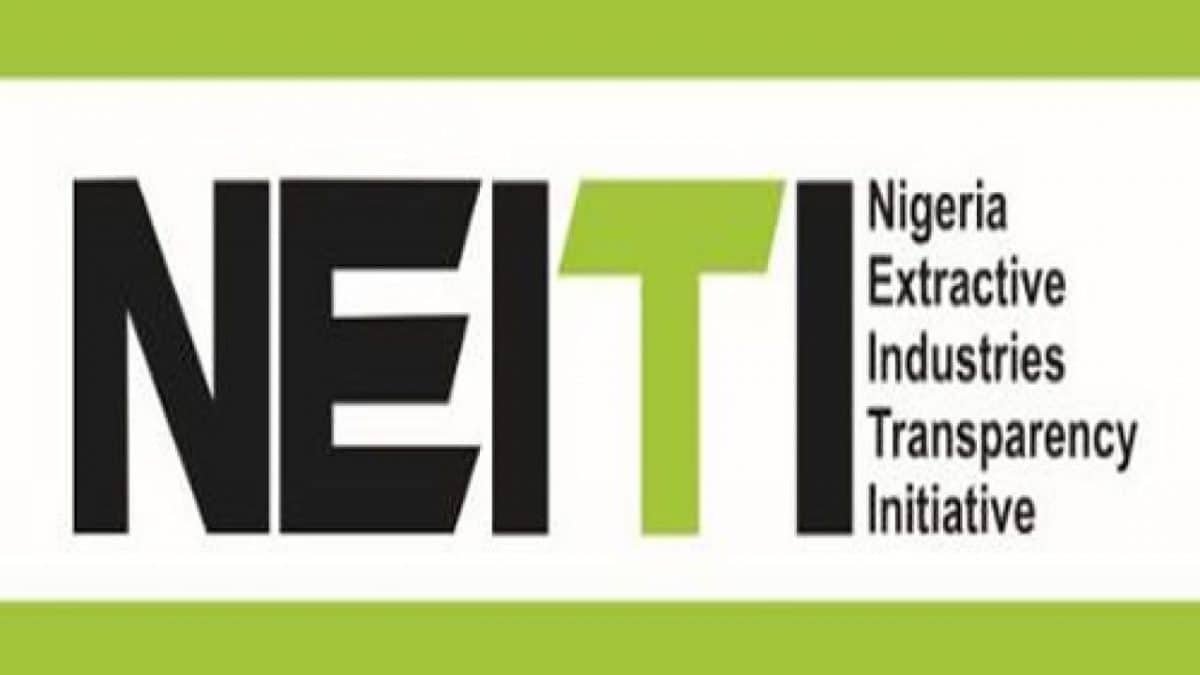By Ibukun Emiola
Financial experts have urged the Central Bank of Nigeria (CBN) to consider local solutions to the rising inflation against the frequent change of Monetary Policy Rate (MPR).
The two experts, Mrs Lolade Adesola with L.A. Consult and Mr Tunji Adepeju, spoke in separate interviews with the News Agency of Nigeria (NAN) in Ibadan on Thursday.
Adesola said the policy was to reduce excess liquidity in the economy, because CBN believed that it was what has been driving inflation.
She said that the policy might not work in the country because, adding “the situation is what is called ‘Stagflation’; this is because we don’t have the economic growth along with the inflation.
“Now that the interest rate has been increased and makes the cost of borrowing so high, it will make it really difficult for small businesses to borrow for production; again, this will lead to stagflation in economic growth.
“The approach is a textbook solution to inflation.
“I don’t really know if that would work because we don’t have ordinary inflation in Nigeria, but stagflation,” Adesola said.
She said that the way forward would be to continue to have intervention funds; bring in cheaper loans for targeted sectors of the economy.
“If those ones continue to borrow cheaply, maybe it will work.
“But, if we just do a blanket increase in the interest rate across all sectors, it may actually compound our problems,” Adesola said.
Contributing, Mr Tunji Adepeju, a Financial Consultant, said the rationale behind the increase was best known to the committee on MPR.
Adepeju said that as the cost of electricity, diesel and transportation continue to go up, inflation would continue to rise.
He urged members of the MPR committee to use real life situations as their consideration in any policy, instead of statistics that do not show the economic reality of Nigerians in the open market.
The expert also said that an increase in banks Cash Reserves Ratio (CRR) would also affect deposit money banks, whose investments failed in oil and gas, electricity and other things. (NAN)




